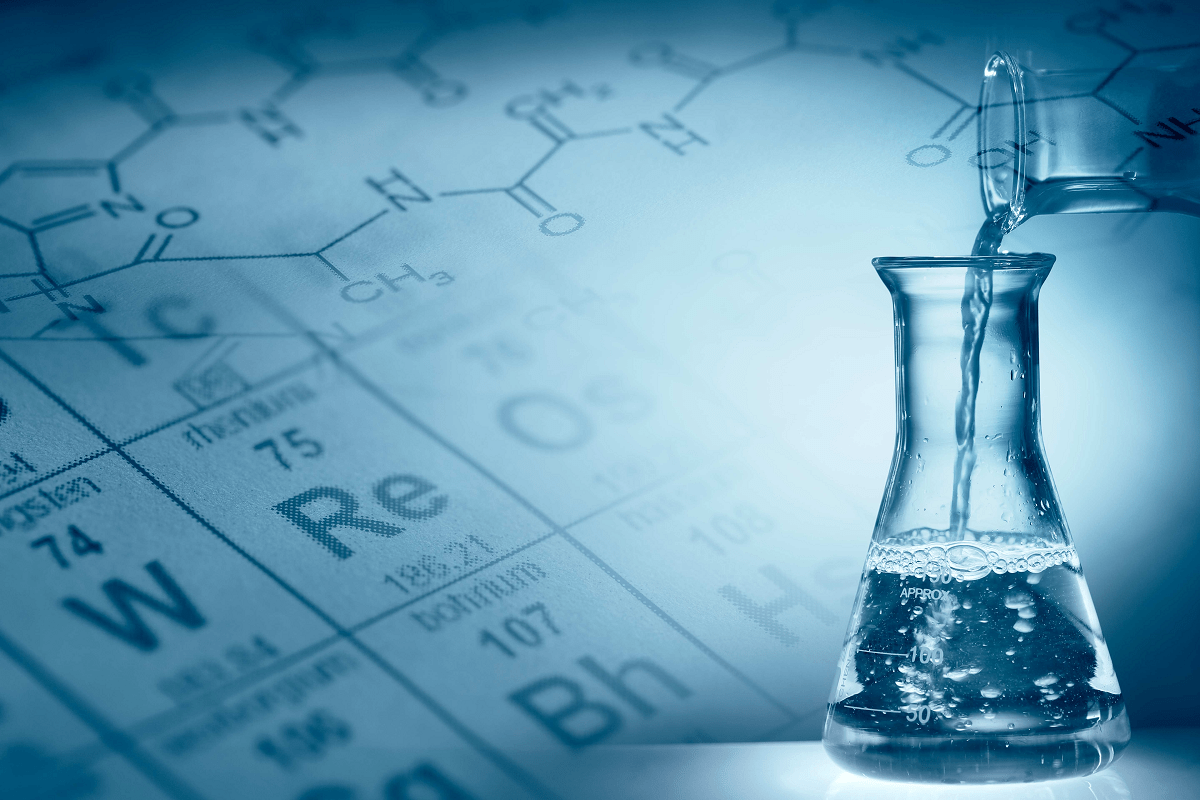High boiling solvents are solvents that have high boiling points compared to the boiling point of water, which ranges from 212°F to 168°F, depending on altitude. Solvents that have a high boiling point are excellent options for parts cleaning operations that require parts to be submerged in solvent and uniformly surrounded by the cleaner — a requirement that a solvent that is raised to a boil could compromise due to rising bubbles from the boiling action.
Recycling High Boiling Solvents
When they use high boiling solvents that have a high level of purity and cost more than most solvents that have a lower level of purity, organizations are often interested in recycling the solvents, when the option is available. When the option is on the table, one the most efficient means of removing the solvents from the tainted liquid that results from the cleaning operation is to boil the leftover liquid in order to make it condense, so it can be collected and reused.
At this point, however, the benefit of high boiling solvents for high-temperature immersion cleaning can become a drawback, as the solvents must be raised to an unusually high temperature into order to make them boil and condensate. This is why many organizations use a special system for boiling high-purity solvents to recycle them.
Using a Solvent Recycling System
Systems that are designed for recovering high-purity solvents facilitate solvent recovery by performing two primary actions: chamber boiling and applying a full vacuum to the chamber to draw vapor from the boiling action into a condenser, where it condensates. Because high boiling solvents are prone to condensate on various surfaces due to their low condensation point, the condenser maintains a much lower temperature than the boiling chamber.
To ensure that vapor from high boiling solvents doesn’t condense on the walls of the heating chamber, the pipe work that leads to the condenser, or the condenser’s rotor, a full vacuum is applied to the chamber to draw the vapor into the condenser. After high boiling solvents are vaporized in the heating chamber and condensate in the condenser, they can be recollected and reused for immersion cleaning and other cleaning operations.
Ideal Option for Big Solvent Users
Industrial grade systems for recycling high boiling solvents aren’t cheap. Consequently, organizations that use a high volume of high boiling solvents in a given period of time use the systems most frequently. However, considering the high cost of some high-purity solvents, implementing a system for recycling them can generate an excellent return on investment (ROI). In addition, recycling used solvent instead of sending it into a waste trap can help lower waste disposal costs.
Contact Ecolink Today
For more information about purchasing eco friendly solvents that have a high boiling point, call Ecolink today at (800) 563-1305, or refer to the contact form on our website. We look forward to answering your questions about recycling high boiling solvents and providing you with these solvents for your cleaning operations.















